Reproductive Health
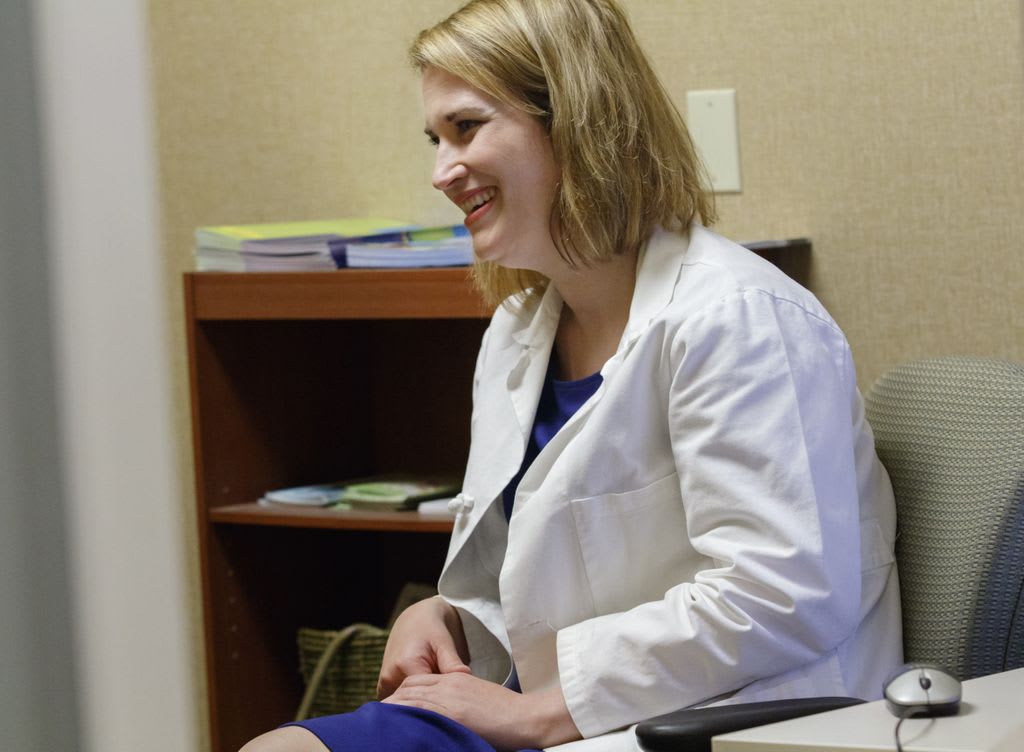 “The personal decision when or whether to bear a child is both a fundamental human right and a critical factor in health and well-being.”
“The personal decision when or whether to bear a child is both a fundamental human right and a critical factor in health and well-being.” - Maria Rodriguez, M.D., M.P.H.Reproductive health is fundamental to the rights and wellbeing of the individual, their family and the community. Since the fall of Roe v Wade, more than a dozen states have banned abortions. Many others have restricted access to care.
The U.S. has one of the highest rates of maternal mortality and morbidity in developed nations. These rates are unequitably distributed among people of color and those who are low-income. A key driver of this public health crisis is limited access to birth control and abortion. Since 2022, legislators have passed over 500 policies that restrict reproductive health care access. These restrictions span maternity care and newborn health, contraceptive use and abortion care.
To address these disparities and ensure equal access to reproductive health care for all, OHSU established the Center for Reproductive Health Equity.
The Center for Reproductive Health Equity is advancing access to reproductive care, training the next generation of providers and driving groundbreaking research to improve health outcomes.
As the only academic health center in the nation’s leading state for reproductive justice, OHSU is the ideal institution to make a difference — but we need your help. Every gift, including yours, is more important than ever.
Impact Areas

Knight Cancer Institute

Pediatric Research

Pediatric Mental Health

OHSU Vista Pavilion
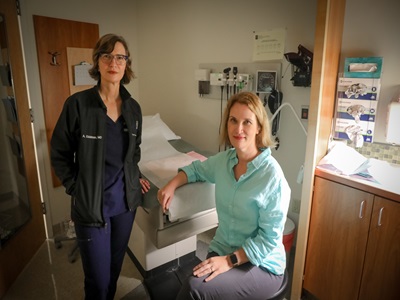
Reproductive Health

OHSU Food Resource Center

Doernbecher Children's Hospital

Brain Institute
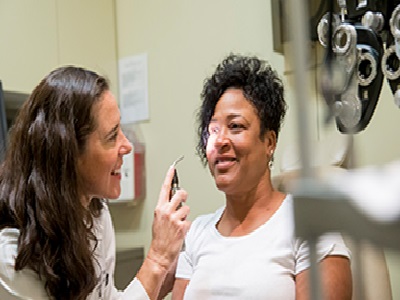
Casey Eye Institute
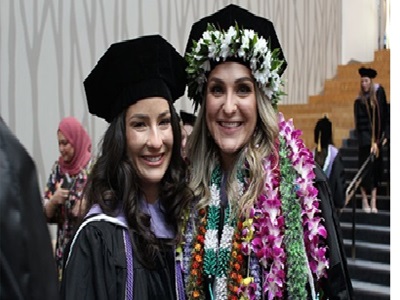
School of Dentistry

School of Medicine
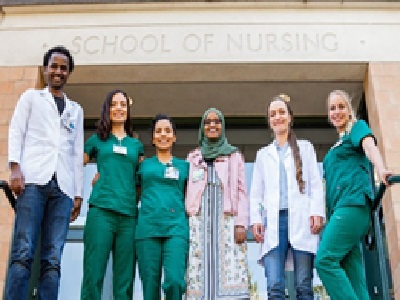
School of Nursing

School of Public Health
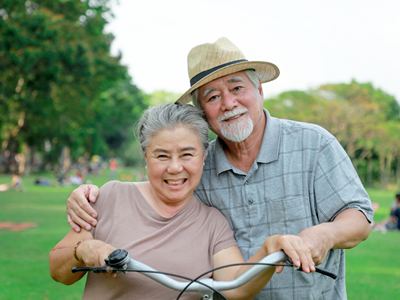
Knight Cardiovascular Institute
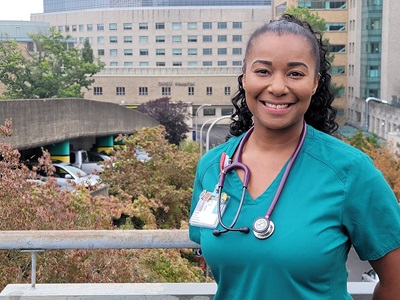
OHSU General Scholarship

Long Hope Fund

Other Areas of Support
Join the fun using #ohsugiveday


